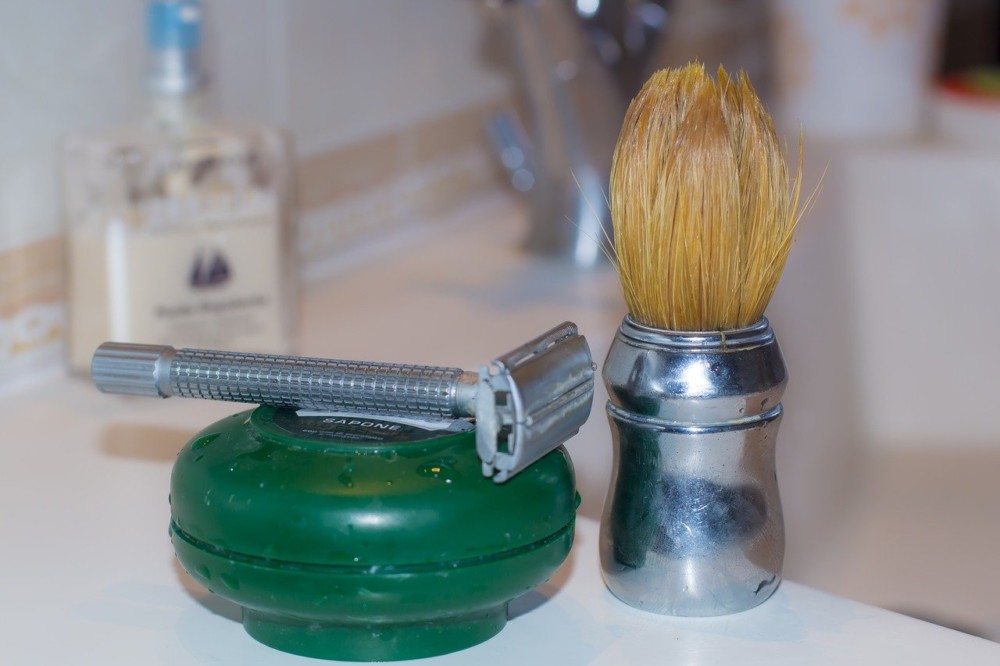
Cut out waste: Where to recycle your razors
Here’s what you can do with all those disposable razors
Each year in the U.S., more than 2 billion disposable razors make their way into landfills. While the blade and handle are recyclable on their own, they must be separated before they are processed — and our home recycling bins can’t handle steel blades and plastic razor handles. So what’s a shaving Green Philly reader to do?
Take in or mail in those razors
Your easiest option is to take your razor blades down to a local recycling center. Good Buy Supply accepts used safety razor blades for recycling — place the blades into a container for safekeeping and drop them off once full.
Partnering with Terracycle, which works with brands to collect and process hard-to-recycle items, Gillette has introduced a recycling program which allows you to bring or send in razors, blades, or plastic packaging. There are multiple drop-off centers in the Philadelphia area, with locations added frequently.
If you can’t make it in person, you can also mail your razors to Terracycle, though you will need to pay for shipping. Terracycle encourages you to fill the container before sending in order to lower your carbon footprint.
Razor company Schick offers another mail-in program, though they only take a list of certain eligible products from their own brand. The good news is that Schick’s program is entirely free, as they will pay the shipping fees for you — simply fill a box and head to their website to request a prepaid shipping label.
Scrap your razor metal
While they won’t recycle the whole razor, you can take stainless steel razor blades to the local scrap metal recycling plant to have them melted for cash. First, remove the blades from their handles and clean any residue off. Then, head on down to the scrap metal facility to drop them off. Be sure to check with an employee, since some plants may have special safety protocols for handling the sharp blades.
Reduce razor waste
Whether or not you’re able to recycle your razors, consider making some swaps to reduce the amount of trash you’re producing.
For long-lasting razors with minimal waste, safety razors are an obvious choice. You can find safety razor handles made of metal, bamboo, and other non-plastic materials, and you won’t need to replace the blades as often as you would with disposable razors.
However, if you’re uncomfortable with safety razors (let’s face it — they’re not for everyone), there are other options available. Electric razors are a great choice for reducing waste because they do not need to be replaced as often. Even cartridge razors, which require regular disposal of blade cartridges, are less wasteful than entirely disposable razors because their handles can be reused. Some brands sell disposable razors with handles made of biodegradable materials like wheat straw (though the heads still require plastic to hold the blades in place). Before you buy, look for a ‘recyclable’ symbol on the back of the packaging.
If you’re tossing out razor blades, take some basic steps to ensure the safety of sanitation workers. Never throw loose razor blades into the trash — put them into a hard plastic container, such as an old detergent bottle, before tossing them out.








